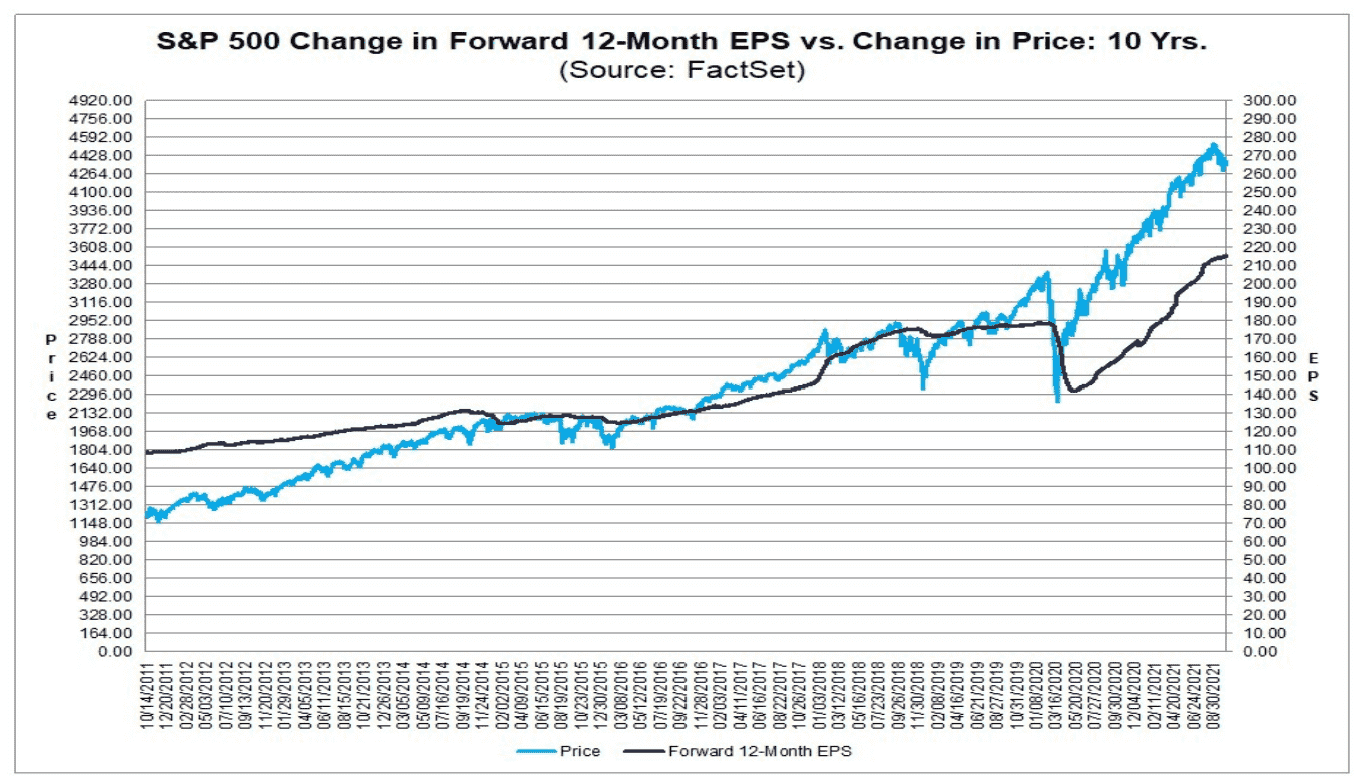| Investors have been awaiting the approval of a Bitcoin ETF for almost a decade now, and it seems we've finally made some progress toward that goal. By the time you're reading this edition of The Gist, we'll have seen two US Bitcoin ETFs finally launch into the open market: $BITO and $BTF. The introduction of these new investment options to your classic stock exchanges opens a new door for investors, some 401k holders, Roth IRA lovers, and traditional accounts or retirement aficionados to now hold Bitcoin. Well, kind of. The ETFs Here's the thing, the "Bitcoin ETFs" being approved aren't actually funds that hold Bitcoin (BTC). Instead, they hold the futures contracts of the coin. SEC Chairman Gary Gensler and others still have trepidations about bringing BTC into the stock market, namely due to "fraud and volatility" concerns. So, while the ETFs even launching are cool and all, there are some drawbacks. For one, we're talking about investing in futures and the possibility of what's known as contango. And if you don't understand futures too well, you're already violating the rule of only investing in things you understand. A brief breakdown on futures: - A futures contract is an agreement between a buyer and a seller of an asset—usually a commodity or financial product—that's traded on an exchange at a set price but to be paid for and delivered at some point in the future.
- The purpose of futures contracts is to allow investors, hedgers and speculators to take a bet on the direction of the asset (either long or short). For example, if the price of Bitcoin goes up, the futures contract becomes more valuable, and the owner of that contract could sell it for more in the futures market.
- And some traders like trading futures because they can take a big position with a relatively small amount of cash, giving them the potential for greater leverage than just owning the assets outright.
But let's also not forget that these ETFs are far from cheap, each flashing an annual expense ratio of 0.95%. That means, for every $10K investment, the fund manager keeps $95 a year. Compare that to the average asset-weighted fee of 0.18% for an index equity ETF and 0.69% for an active equity ETF, according to ICI.org. Bitcoin itself One of the cases for a Bitcoin-backed ETF was that it made it easier for your average investor to buy into it. The thing is, this may be a bit exaggerated as using a crypto exchange with a hot wallet as a beginner is usually as simple, if not more so than opening a brokerage account. Bitcoin itself can be bought across numerous cryptocurrency exchanges and even some traditional brokerage firms now. More advanced crypto savants of course have the option of moving their coins offline to a cold storage device, but online exchanges are extremely user-friendly for most novices. Ultimately though... There's more than one way to crack an egg, and investors should do what keeps them sleeping best at night. These ETFs will likely continue to evolve over time as traditional markets and crypto become increasingly intertwined. Best to keep on doing your DD (due diligence) and investing in things you understand. 🤔 Got you wondering more about futures contracts? If so, take this bite-sized lesson on the basics of investing in commodities: | 
















